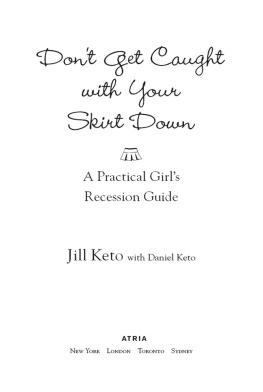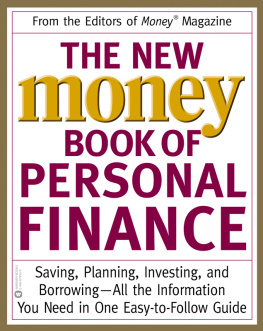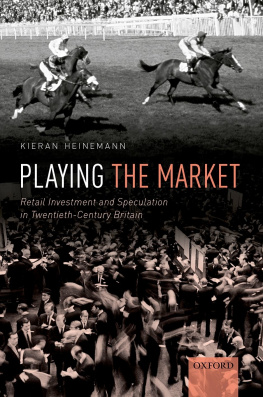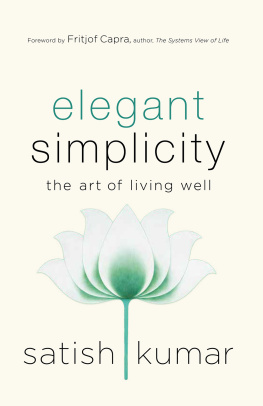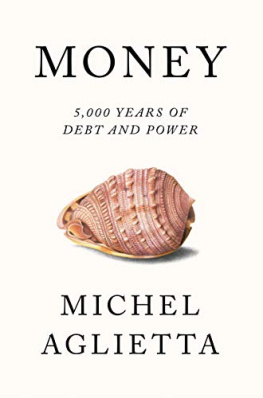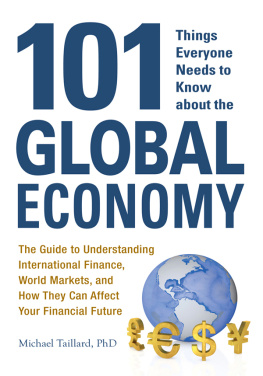THE ECLIPSE OF ELEGANT ECONOMY
Modern Economic and Social History Series
General Editor: Derek H. Aldcroft
Titles in this series include:
Aspects of Independent Romanias Economic History with Particular Reference
to Transition for EU Accession
David Turnock
Estates, Enterprise and Investment at the Dawn of the Industrial Revolution
Estate Management and Accounting in the North-East of England, c.17001780
David Oldroyd
Across the Borders
Financing the Worlds Railways in the Nineteenth and Twentieth Centuries
Edited by Ralf Roth and Gnter Dinhobl
Economics in Russia
Studies in Intellectual History
Edited by Vincent Barnett and Joachim Zweynert
Mining Tycoons in the Age of Empire, 18701945
Entrepreneurship, High Finance, Politics and Territorial Expansion
Edited by Raymond E. Dumett
British Conservatism and Trade Unionism, 19451964
Peter Dorey
The International Order of Asia in the 1930s and 1950s
Edited by Shigeru Akita and Nicholas J. White
Personal Capitalism and Corporate Governance
British Manufacturing in the First Half of the Twentieth Century
Myrddin John Lewis, Roger Lloyd-Jones, Josephine Maltby
and Mark David Matthews
A Decent Provision
Australian Welfare Policy, 1870 to 1949
John Murphy
Commerce and Culture
Nineteenth-Century Business Elites
Edited by Robert Lee
The Eclipse of Elegant Economy
The Impact of the Second World War on Attitudes to Personal Finance in Britain
MARTIN COHEN
Queen Mary University of London, UK
First published 2012 by Ashgate Publishing
Published 2016 by Routledge
2 Park Square, Milton Park, Abingdon, Oxon OX14 4RN
711 Third Avenue, New York, NY 10017, USA
Routledge is an imprint of the Taylor & Francis Group, an informa business
Copyright Martin Cohen 2012
Martin Cohen has asserted his right under the Copyright, Designs and Patents Act, 1988, to be identified as the author of this work.
All rights reserved. No part of this book may be reprinted or reproduced or utilised in any form or by any electronic, mechanical, or other means, now known or hereafter invented, including photocopying and recording, or in any information storage or retrieval system, without permission in writing from the publishers.
Notice:
Product or corporate names may be trademarks or registered trademarks, and are used only for identification and explanation without intent to infringe.
British Library Cataloguing in Publication Data
Cohen, Martin.
The eclipse of elegant economy : the impact of the Second
World War on attitudes to personal finance in Britain. --
(Modern economic and social history)
1. Finance, Personal--Great Britain--History--20th
century. 2. Consumption (Economics)--Great Britain--
History--20th century. 3. Debt--Great Britain--Public
opinion--History--20th century. 4. Public opinion--Great
Britain--History--20th century. 5. World War, 19391945--
Economic aspects--Great Britain. 6. World War, 19391945--
Social aspects--Great Britain.
I. Title II. Series
306.309410904-dc23
Library of Congress Cataloging-in-Publication Data
Cohen, Martin.
The eclipse of elegant economy : the impact of the Second World War on attitudes to personal finance in Britain / Martin Cohen.
p. cm. -- (Modern economic and social history)
Includes bibliographical references and index.
ISBN 978-1-4094-3972-1 (hardcover)
1. Great Britain--Economic conditions--19451964. 2. Finance,
Personal--Great Britain--History. 3. World War, 19391945. 4. Consumption
(Economics)--Great Britain. I. Title.
HC256.5.C526 2012
330.9410855--dc23
2011036627
ISBN 9781409439721 (hbk)
To Diana and the worshipped ground she walks on
Figure f.1 Prudential Group Assurance, Poster Publicity c. 194750
Note: Reproduced with kind permission of Prudential Group Archives.
Contents
List of Figures
f.1 Prudential Group Assurance, Poster Publicity c. 194750
Foreword
From the moment I read the early chapters of Martin Cohens doctoral thesis my special curiosity was aroused. For his was a new approach to the post-war Britain into which I was born and whose assumptions I imbibed with my welfare-state provided cod liver oil and concentrated orange juice. I am so pleased that he has converted his research into a book which will have a percussive resonance for his own age group and fascinating vibrations for the current generation in an era of debt, recession and deficit reduction.
I grew up in a household whose family warmth was not matched by the balm of a rich flow of financial lubricant. I suspect both Martin and I carry within us what Richard Hoggart calls a siege economy of the mind and share a horror of spending or borrowing beyond our means. This is why the early bloom of the first mass-consumption society ever to people these islands is such a vivid phenomenon caught on the Velcro of our memories.
But, for Martin, this world is a thing of hard facts and measurements, too. He has a passion for precision and The Eclipse of Elegant Economy shows him to be a natural cartographer of spreading affluence, a gifted calibrator of financial flows and a careful analyst of the shifting states of mind they induced. His book is a hugely welcome addition to the economic, social and psychological histories of post-1945 Britain.
Lord Hennessy of Nympsfield, FBA.
Attlee Professor of Contemporary British History,
School of History,
Queen Mary University of London, UK
Acknowledgements
First and foremost I must repeat my sincerest thanks and acknowledge my great indebtedness to Dr Peter Catterall, Dr James Ellison, Professor Peter Hennessy, (especially for his wonderful foreword), Dr Dan Todman, and the late Professor John Ramsden of Queen Mary University of London for their constant help and counsel when writing my PhD thesis and for encouraging me to publish it in the much revised form of this book. I am equally grateful for the patience of others I tormented with earlier drafts, including Michael Heller, John Hubbard, James Obelkevich (for his particularly incisive criticism), Ross McKibbin, Alycen Mitchell, and Frank Trentmann, all of whom contributed invaluable comments and suggestions, time and again refocusing my ideas, enabling me to make improvements and, I trust, produce a lucid and interesting result.
The Mass-Observation archivists at the University of Sussex deserve my pre-eminent appreciation for their invariably courteous and helpful assistance on the numerous occasions they provided access to their unique collection. In particular, I must acknowledge their guidance in identifying documents in which observers, in defiance of contemporary convention, directly question the sensitive theme of personal finance and occasionally record their own comments on the response and thus provided my most productive primary source.



